Few Gulf conglomerates have evolved as steadily, or as strategically, as Dubai based Al Futtaim. Founded as a trading house in the 1930s, the family company now spans automotive, retail, real estate, finance, health, and education across 18 countries, with roughly 33,000 colleagues. If there’s a through line, it is execution: a habit of turning partnerships into operating systems that compound over decades.
Origins and a Defining Split
Al Futtaim’s early growth ran through the creek side economy of Dubai in the 1940s-50s, as trading widened into distribution and services. The modern inflection point arrived in 2000, when Dubai’s leadership arbitrated a family separation that left Abdulla Al Futtaim with the automotive, retail, and much of the overseas portfolio, while his cousin Majid formed a property centric group under the Majid Al Futtaim banner. The arbitration professionalized governance and clarified strategy for both sides, a quiet but consequential moment in Gulf corporate history that preserved scale while avoiding value destructive feuds.
Two decades later, a new chapter unfolded. Following Majid Al Futtaim’s death in late 2021, internal debates among heirs triggered a series of structural adjustments. In 2025, Dubai authorities approved a board restructuring at Majid Al Futtaim Holding to stabilize governance and ensure continuity, echoing the pivotal role of the original 2000 settlement in preserving long term corporate resilience.
Automotive: From Land Cruisers to New Energy Vehicles
If one relationship defines Al Futtaim’s industrial DNA, it is Toyota. The group became Toyota’s distributor in Dubai in 1955, well before the UAE federation in 1971, and remains the brand’s exclusive distributor in the country today. That alignment seeded a service heavy, logistics intensive business that grew with the nation’s roads, ports, and cities, and later made Al Futtaim a prominent advocate of hybrid drivetrains in a hot weather, urban driving culture.
The same operating discipline now shapes its EV strategy. Through Al Futtaim Electric Mobility Company, the group partnered with BYD in March 2023 and opened a flagship BYD showroom and “Discovery Center” in Dubai Festival City that November, an ecosystem play that combines product, charging, and after sales rather than a single brand punt. During COP28, Al Futtaim served as Strategic E-Mobility Partner, supplying a large electrified fleet and deploying Charge2Moov stations, with an ambition to install 10% of the UAE’s charging points and reach 50% NEV sales by 2030.
Retail: Global Brands, Local Execution
For decades, the retail thesis has been consistent: import proven global formats and run them with local precision. Al Futtaim holds the IKEA franchise in the UAE, Qatar, Oman, and Egypt, an anchor that has given the group a resilient, value oriented retail spine. Festival Plaza in Jebel Ali is the clearest illustration: co-locating Dubai’s largest IKEA with ACE and LuLu Hypermarket created a “retail as urban service” hub for rapidly growing southern communities, not just a destination mall.
Real Estate: Cities within the City
Al Futtaim Group Real Estate (AFGRE) builds mixed use districts that stitch retail, housing, offices, and hospitality into a coherent urban fabric. Dubai Festival City is the template: a 5.2 million sqm waterfront community along Dubai Creek, school to promenade, marina to mall, whose nightly “IMAGINE” show turned place making into programmable culture and earned two Guinness World Records (largest permanent projection mapping and largest water screen projection).
Long before Dubai’s explosion of mega malls, the group pioneered a new urban retail paradigm through City Centre Deira, opened in 1995. Strategically located in the heart of old Dubai, it blended shopping, dining, and entertainment in a way unprecedented in the region, transforming malls from mere commercial buildings into social and cultural anchors. The project set a new benchmark for integrated retail destinations, influencing how Dubai would subsequently build and brand its urban centers.
The model exported well. Cairo Festival City in New Cairo integrates residences, offices, and a super-regional mall that launched Egypt’s first IKEA in 2013, illustrating how Gulf developers de-risk abroad: phase carefully, anchor with daily use services, and operate assets long term rather than flip. In Doha, the Festival City project sits in BASREC, a joint venture structure where Al Futtaim provides development and operating expertise alongside national stakeholders, another pragmatic alignment of incentives.
The National Dimension
The “nation building” label here is literal, not rhetorical. First, the group created durable distribution, service, and retail jobs at scale, building technical, logistics, and customer operations skills that a diversified economy needs. Second, by localizing after sales ecosystems, parts, workshops, finance, it embedded know how the region often imports. Third, mixed use districts added civic texture: promenades and waterfronts open to residents, not only to tourists; retail hubs calibrated to daily life, not just spectacle. Finally, the pivot to hybrids and EVs, plus investment in charging and maintenance, anchors a realistic decarbonization pathway in a car dependent, high heat environment. A systems agenda, not a moonshot.
Governance and Continuity
Leadership continuity has mattered. Abdulla Al Futtaim remains the principal owner, while Omar Al Futtaim serves as vice chairman and CEO, an arrangement that has allowed steady reinvestment without public market short termism. In a region where family firms can wobble during succession, the 2000 arbitration and subsequent professionalization insulated operations from turbulence; that steadiness is itself a public good, aligning a private balance sheet with national development timelines.
The scale of this private balance sheet is significant. According to Forbes (2025), Abdulla Al Futtaim and family’s net worth is estimated at around USD 4.8 billion, making them one of the wealthiest business families in the Arab world. Annual fluctuations in Forbes’ estimates, from USD 2.6 billion in early 2024 to USD 4.8 billion by mid-2025, reflect the group’s diverse holdings across real estate, retail, and automotive, and their sensitivity to valuation cycles rather than short term operational shifts.
Why It Matters Now
As the UAE shifts from hydrocarbons to a services and knowledge economy, the strategic value of firms like Al Futtaim rises. They teach operational competence at scale; absorb and adapt global technologies; finance long duration urban assets; and show that globalization can be run from Dubai yet felt by residents in tangible, everyday ways. The next test is to internalize the green transition without losing Gulf specific realism, heat, range, grid capacity, price sensitivity. On that front, a Toyota plus BYD portfolio wrapped in charging and service networks looks less like a gamble and more like a layered hedge, the kind of quiet, systems level bet that built the company in the first place.
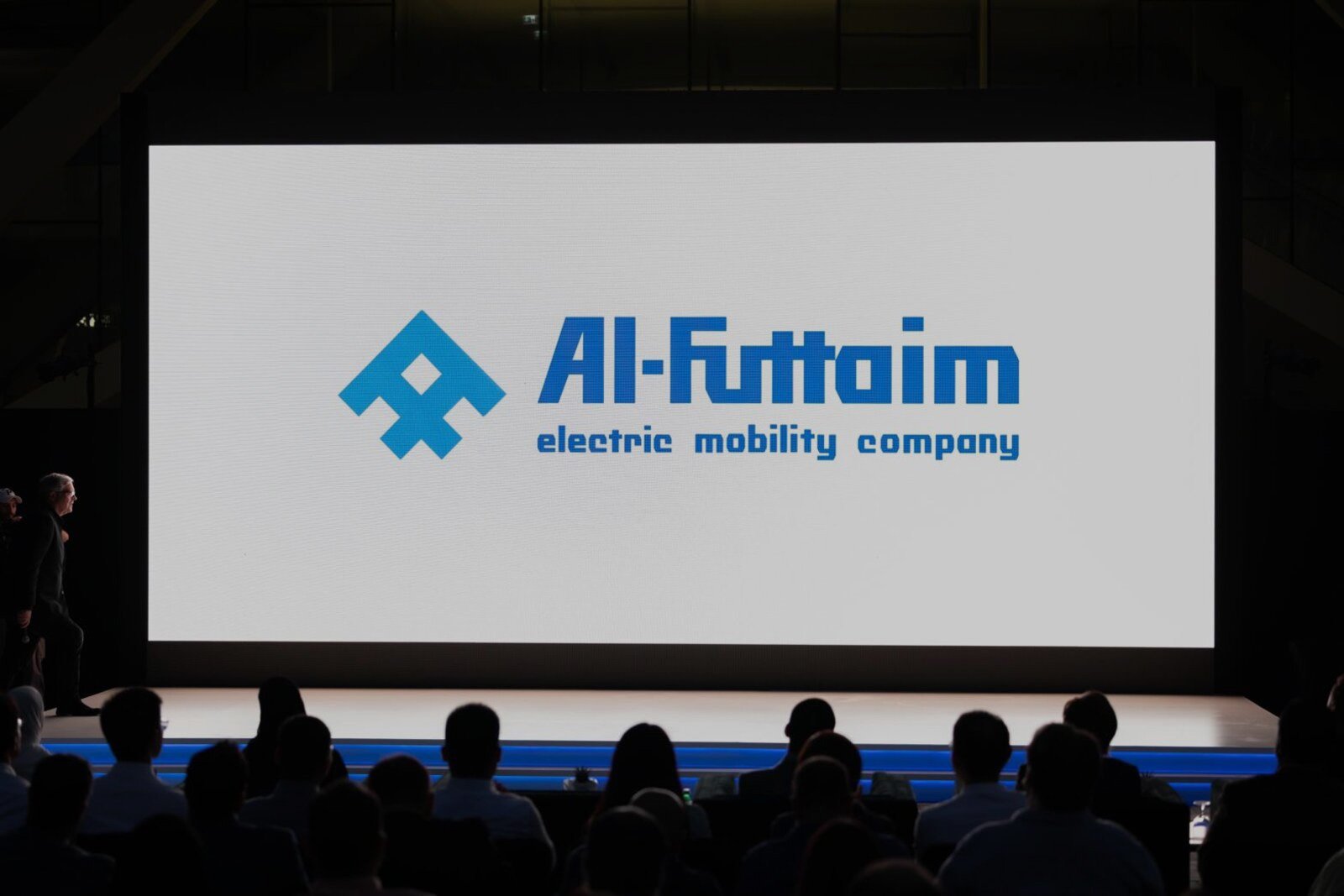

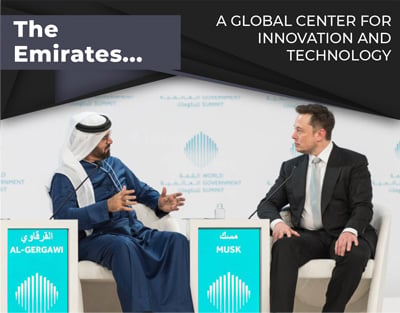
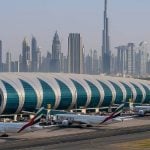

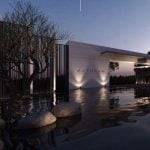
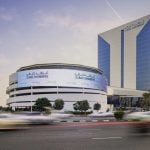
Leave a Reply